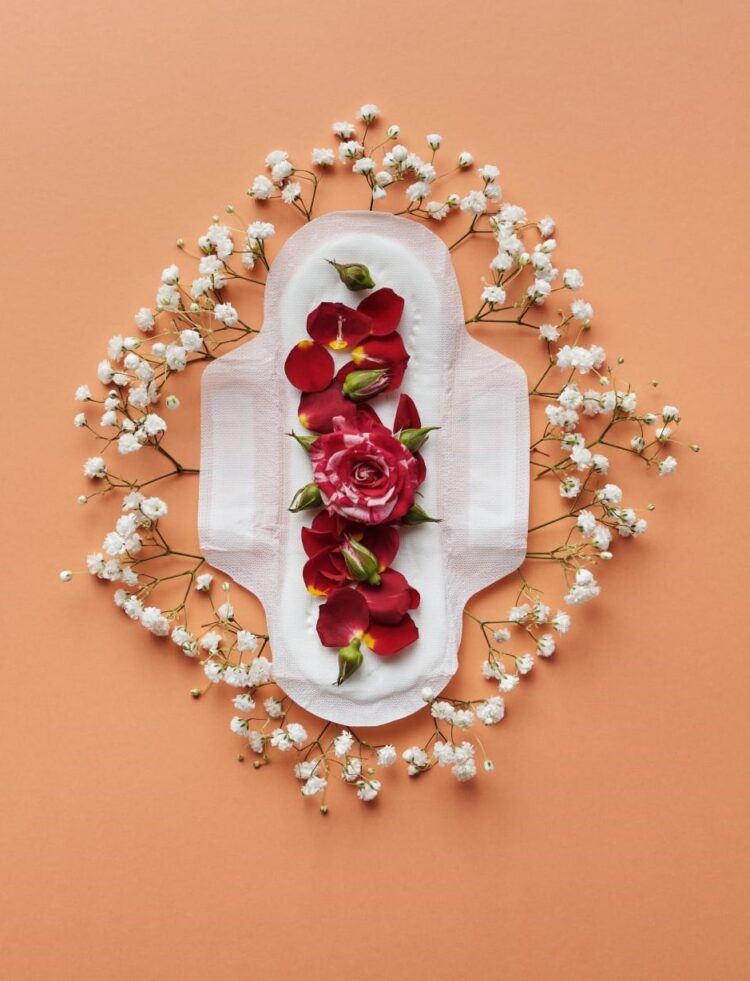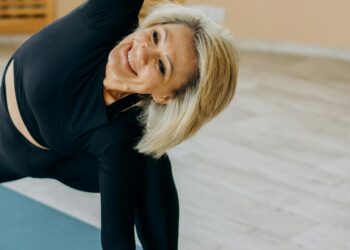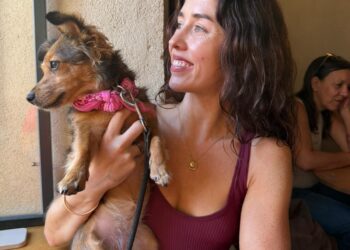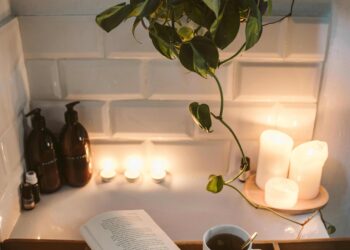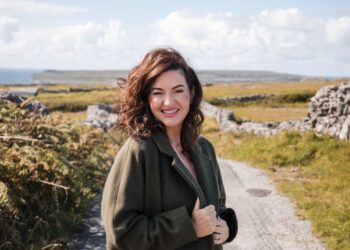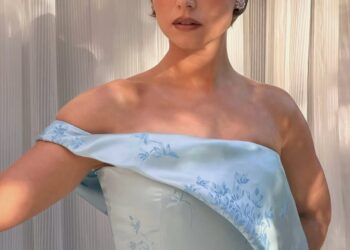In our new series Voices of Irish Country Magazine, we’re sharing some of the most popular columns found inside each issue of the magazine – past and present. This piece, by sustainability columnist Jo Linehan, was adapted from the May/June 2023 edition. Keep an eye on our website over the coming weeks for more excerpts from our brilliant writers
This may be the year we bid farewell to a longstanding taboo. I don’t know about you, but talking about periods doesn’t come up too often at brunch or on a night out with my friends. Oh, and asking a randomer in the next cubicle if they have a spare tampon doesn’t count. I’m talking about deep, TMI conversations, the ones that help you understand yourself better and maybe introduce you to a new way of thinking or doing things.
In my late teens, I developed an eating disorder, and one of the side effects was amenorrhea, which essentially means that your body stops menstruating. While I recovered and was, thankfully, able to face my eating issues head-on through professional therapy and support, my periods didn’t return even after I was back to a healthy weight. I can remember wishing every month that a red speck would appear on my jeans or pyjamas and the sting of disappointment that would wash over me when another month would go by, period-free.
It was during that time that I began to appreciate this monthly phenomenon. Our bodies are amazing, and as women, we are amazing for navigating these cycles, their ups and downs, in such a solitary, no-nonsense way. But maybe it’s time to make periods a not-so-solitary affair because there’s so much to be gained by sharing our experiences and habits.
Eventually, my periods returned in all their painful, PMS-filled glory, and I resumed adding tampons and pads to my shopping trolley. But as I started to change my fashion shopping habits and research what ingredients were in my deodorant, make-up, and skincare, I also began to wonder what was in my period products.
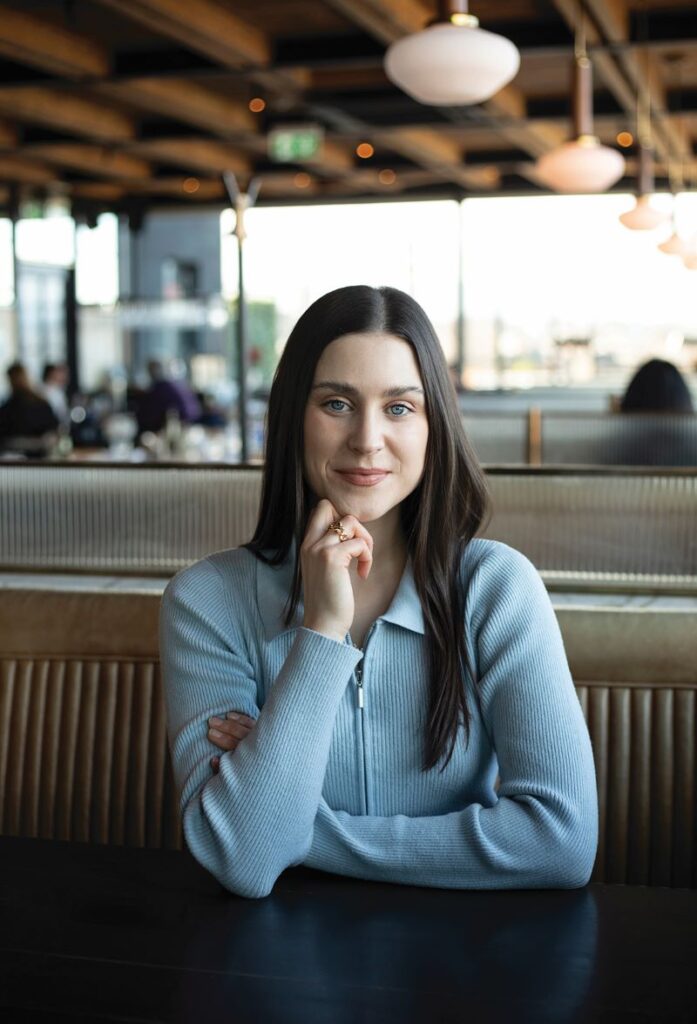
And this is what we’re talking about today. Because if we’re not talking about our periods, chances are we aren’t discussing what products we are using, which means, like me, you’ve probably been using the same generic pads and tampons your entire life without a second thought.
The truth about period products
Here’s what you need to know – most of the generic period products we use each month are made of plastic. Disposable period pads contain up to 90 per cent plastic, and tampons contain up to 6 per cent (excluding their applicators), making them the fifth-most common item polluting Europe’s beaches. And because these items are predominantly plastic, they will take hundreds of years to degrade. In the meantime, they pollute our oceans and fill landfills around the world.
These single-use plastic period products could also harm human health. Studies have found that plasticizers, added to tampons and pads to make them softer and more flexible, contain hormone-disrupting properties.
And then there’s the economic burden of single-use plastic period products. A Plan International study of 1,100 young Irish women aged 12-19 found that 50% experience period product affordability issues.
So, bad for the environment, bad for our health and bad for our pocket? There has got to be a better way to manage our periods, and having this chat is the first step.
Going green
Riley, an Irish start-up, provides a practical solution via organic period products. Its pads and tampons are free from toxins, bleach and other chemicals, and its subscription model makes buying these essentials more affordable.
Fans of influencer and 2fm presenter Roz Purcell will be familiar with the menstrual cup, which Roz regularly discusses on her social channels. This silicone cup is inserted similarly to a tampon, where it can remain between 6-12 hours, collecting blood. If taken care of properly, it can last ten years and costs just €17-28.
Siobhan is the owner of Earthmother.ie, an online eco-store that offers plastic period product alternatives. She says period underwear is a great option to get started with. “Period pants have become hugely popular in the last year or two. They last up to 24 hours before being washed, dried and ready to go again.”
Look, swapping the period products you’ve used your entire life is no mean feat. It took me months of trying different solutions before settling on a menstrual cup. Today I can honestly say it was one of the best swaps I have ever made. I’m never left scrambling for a pad. I no longer worry about tampon and pad waste, plus it’s saved me a heck of a lot of money.
Taboo or no, it’s time to start having these conversations for our own health and the health of the planet. Period.

